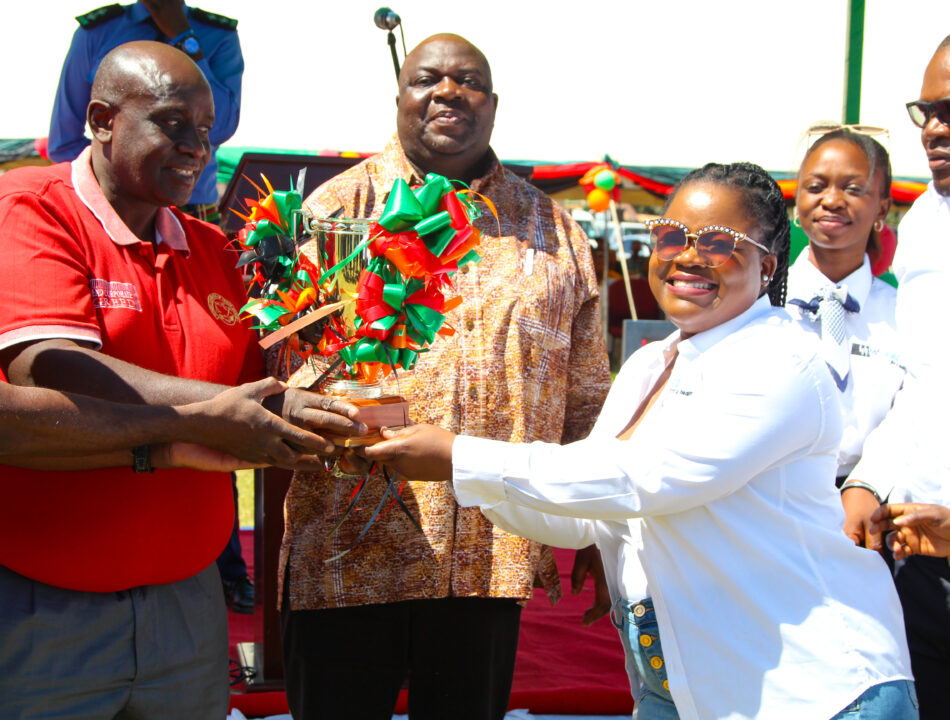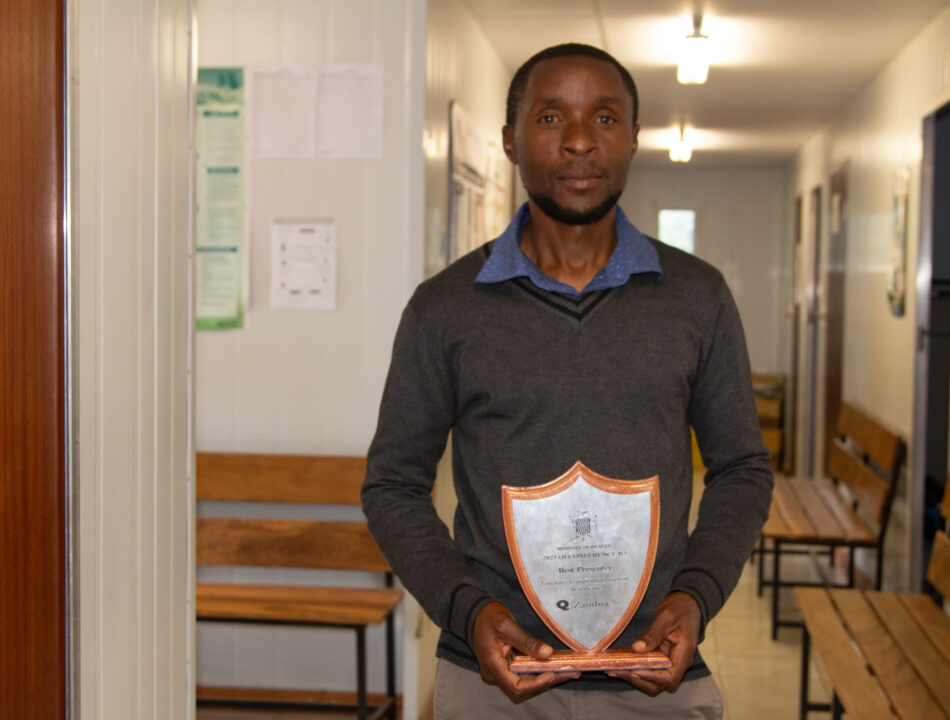- HOME
- ABOUT
- AREA OF FOCUS
- Research
- Enteric diseases & HIV vaccine Research unit
- HIV prevention, care & treatment
- Implementation Science
- Paediatric prevention care & treatment
- Vulnerable Children & Adolescent Health
- Tuberculosis
- Prison’s Health
- Social & Behavioral studies
- New Born & Women’s health
- Primary care and health systems strengthening
- Mental Health
- Hepatitis
- SUPPORT UNITS
- MEDIA
- News
- Annual reports
- Quarterly Newsletters
- Vol.24 CIDRZ Newsletter Q2 FY 2024
- Vol.23 CIDRZ Newsletter Q1 FY 2024
- Vol.22 CIDRZ Newsletter Q4 FY 2023
- Vol.21 CIDRZ Newsletter Q3 FY 2023
- Vol.20 CIDRZ Newsletter Q2 FY 2023
- 1st Quarter Newsletter FY2022/2023
- 4th Quarter Newsletter FY2021/2022
- 3rd Quarter Newsletter FY 2021/2022
- 2nd Quarter – FY 2021-2022
- 1st Quarter 2021-2022
- Research Abstracts/ Scientific Posters
- Research Presentations
- Gallery
- Videos
- TRAINING
- TOOLKITS
- Taskpen Toolkit
- Human Infection Studies (HIS)
- Menstrual Hygiene Management (MHM)
- Better Information for Health in Zambia Toolkit – 2017
- CommART Toolkit
- Operation Triple Zero Plus – HIV Literacy Package for Adolescents
- TASKPEN CLINICAL GUIDELINES :Protocols for the Integrated Management of Cardiometabolic conditions in Adult PLHIV
- JOBS
CIDRZ Scale Up Men’s Clinics to 27 in 9 supported Districts

CIDRZ Researchers selected for the RSTMH grants programme
August 31, 2020
CIDRZ Laboratory Scientist scoops Male Researcher award at the 9th Zambia Health Research Conference
November 3, 2020In Zambia, like many other countries, health outcomes among men are substantially worse than in women, probably due to poor health seeking behavior. Yet this gender-based disparity in health has received

little attention from policymakers and health care providers. Including both men and women in efforts to reduce gender inequalities in health as part of the post-2015 sustainable development agenda to improve everyone’s health and well-being. The Global Burden of Disease study (GBD 2010 study) showed that throughout the period from 1970 to 2010, women had a longer life expectancy than men. Preliminary results of the Lusaka Surge Campaign in 2018 show that there is a gap in Men accessing HIV services.
In 2018, the Centre for Infectious Disease Research in Zambia (CIDRZ), with support from the U.S. President’s Emergency Plan for AIDS Relief (PEPFAR) and Centers for Disease Control and Prevention (CDC) piloted male friendly services in six (6) facilities of Lusaka district in Zambia. The pilot project recruited male providers who were sensitized and there after provided services in a dedicated male-specific consultation room within the out-patient department (OPD) (where all men are fast-tracked to access all the services). Later in 2019, Matero Main Men’s Clinic, Michael Chilufya Sata Men’s Clinic and Intercity Men’s Clinic were renovated and

established as independent clinics to attend to men only with own consultation rooms, registry, dispensary, counseling rooms, and male circumcision rooms.
The establishment of the men’s clinics in Lusaka urban district led to an increase in the average number of men aged between 25-49 accessing health services by November 2018. The average linkage to HIV which was 102% as of 30th November 2018 in the 3 initial facilities, increased to 386.6% by June 2019. The average HIV positivity yield also increased from 10% in November 2018 to 11.3% in June 2019.

“Through the men’s clinic initiative, linkage to HIV care among the same age group increased from 95% in November 2018 to 141% in June 2019 in Lusaka Urban . The HIV case finding was intensified as the yield in all facilities increased through index testing as men were more receptive to provide information on their sexual contacts as compared to the general clinic”, said CIDRZ Community Posts & Men’s Clinic Initiatives Coordinator, Dr. James Zulu.
“5976 men were reached through the men’s clinics, 5976 men were screened, 629 were eligible for testing and tested, 30 new positives were identified (5% Positivity,90% linkage). 33,544 condoms being distributed through men’s clinics”, he said.
With this positive outcome, CIDRZ scaled up the Men’s Clinic in Lusaka Urban, Chongwe and Western Province, bringing the total number to 27 Men’s Clinics in 9 supported districts by the end of 30th September 2020.The initiative has enabled men to access integrated health services in an interactive manner and improve their health seeking behavior though the provision of safe spaces for men to interact with peers focusing on sexual reproductive health and HIV related matters.




